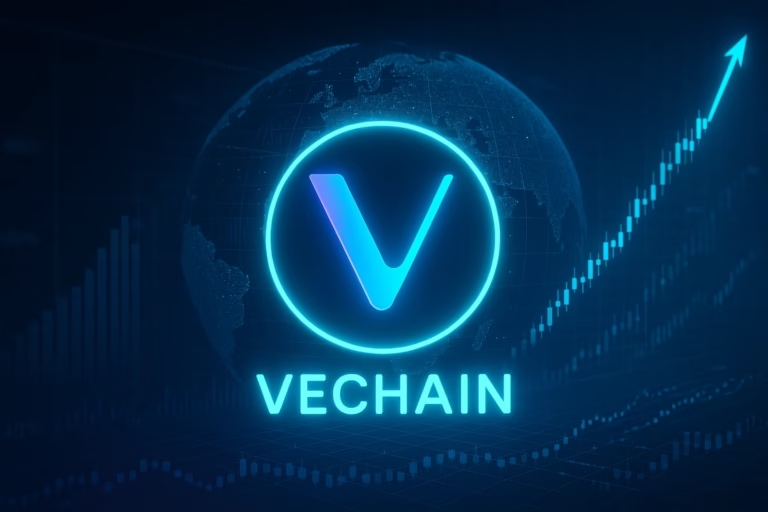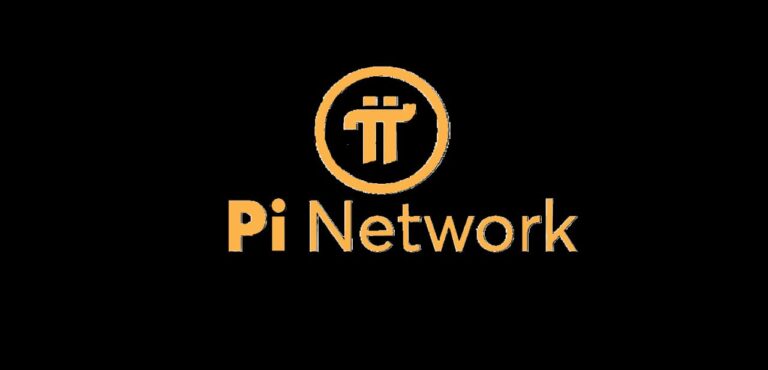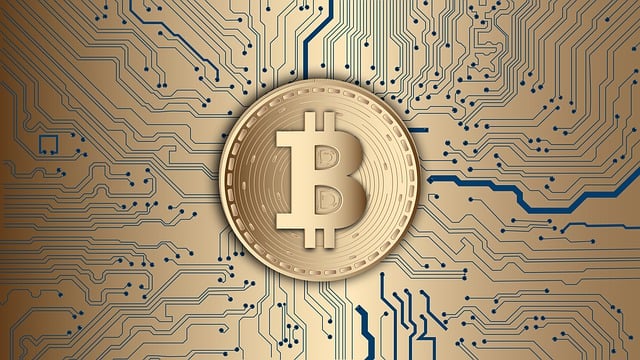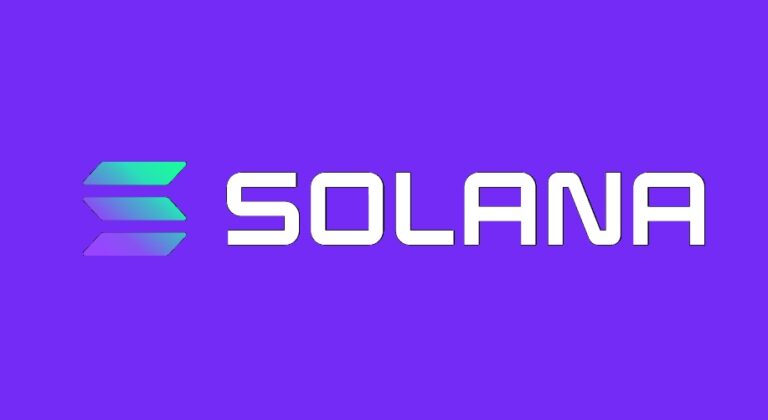
- The integration of IoT and blockchain is transforming industries by enabling secure, real-time data exchange and automation.
- Projects like IOTA, Helium, and Chainlink are leading this revolution, offering innovative solutions for connectivity, supply chains, and smart cities.
The convergence of the Internet of Things (IoT) and blockchain technology is set to transform industries through enhanced connectivity and automation. IoT systems bring real-time monitoring and automation to countless industries, while blockchain ensures the security and transparency of these operations. As more sectors explore this synergy, several innovative projects are leading the charge. Here’s a look at ten IoT blockchain projects that have the potential to shake up the market.
1. IOTA: The Pioneer of IoT Blockchain
IOTA, launched in 2015, is one of the most recognized IoT blockchain projects. Its innovative “Tangle” technology, a Directed Acyclic Graph (DAG), allows high-speed data and value transfers without typical blockchain limitations. Despite challenges like the 2018 cyberattack, IOTA has remained resilient, rolling out updates like Chrysalis to enhance security and scalability. Its native token, MIOTA, powers smart contracts and data transactions, making IOTA a crucial player in the IoT ecosystem.
2. Helium: Decentralizing Telecommunications
Helium, introduced in 2013, revolutionizes IoT connectivity by offering a decentralized alternative to traditional telecom systems. Leveraging Decentralized Physical Infrastructure Networks (DePIN) and LoRaWAN protocol, Helium enables low-power devices to communicate across vast distances. Helium’s migration to Solana in 2023 streamlined its operations, ensuring smoother scalability. Its native token, HNT, fuels its ecosystem, enabling community governance and incentivizing network participation.
3. Chainlink: The Oracle for IoT and Beyond
Chainlink is known for addressing the “oracle problem” by providing reliable data feeds to blockchain systems. By integrating decentralized oracles, Chainlink ensures that IoT devices can feed accurate, real-time data into smart contracts. Its unique positioning as an IoT-integrated oracle system makes it a vital component for industries requiring trustworthy, automated data exchange.
4. IoTeX: Building the Foundation for Smart Cities
IoTeX envisions a future driven by smart cities, where IoT and blockchain operate in unison. Since its launch in 2017, IoTeX has combined security and scalability with EMV compatibility, allowing seamless integration with existing Ethereum-based applications. The network’s emphasis on secure machine-to-machine communication and smart city infrastructure cements its place as a top IoT blockchain solution.
5. VeChain: Optimizing Supply Chains with IoT
VeChain focuses on bringing transparency and efficiency to supply chains. Launched in 2016, VeChain integrates blockchain, IoT, and smart contracts to track goods across complex logistics networks. The project’s dual-token system (VET and VeChainThor) allows for secure, automated transactions and machine-to-machine interactions, making it a popular choice among businesses seeking robust supply chain solutions.
6. NetObjex: Standardizing IoT Blockchain
NetObjex stands out by focusing on standardizing IoT device communication. Through digital IDs and NFT technology, it ensures that machines can securely verify their identity and access rights. Its emphasis on cybersecurity and web3 services positions it as a leading choice for organizations looking to build on a secure and scalable IoT infrastructure.
7. ArcTouch: Seamless Integration of IoT and Blockchain
ArcTouch enables businesses to effortlessly integrate IoT and blockchain into their operations. Offering solutions for smart devices like TVs, wearables, and voice assistants, ArcTouch is making IoT more accessible. With a strong emphasis on combining AI, blockchain, and IoT, ArcTouch is paving the way for a future of connected devices that are smarter and more secure.
8. Suffescom Solutions: A Green Approach to IoT
Suffescom Solutions entered the market in 2014 with a focus on energy efficiency. As IoT devices continue to proliferate, their power consumption has become a critical concern. Suffescom Solutions offers eco-friendly blockchain alternatives tailored to industries like agriculture, real estate, and utilities, making it a top contender in sustainable IoT blockchain development.
9. Blockchain for Energy: Greening the Energy Sector
Blockchain for Energy focuses on reducing pollution and enhancing transparency in the energy sector. This nonprofit initiative leverages Hedera HashGraph’s distributed ledger to manage emissions data securely. The project aims to automate and verify environmental compliance by integrating IoT devices, offering a model for industry-wide sustainability.
10. SealSQ: Boosting Transparency in Decarbonization
SealSQ, in partnership with CarbonMinus, uses blockchain and IoT to promote greener business practices. By tokenizing carbon credits and providing real-time data on resource usage, SealSQ allows companies to track and monetize their environmental efforts, driving accountability and transparency.




